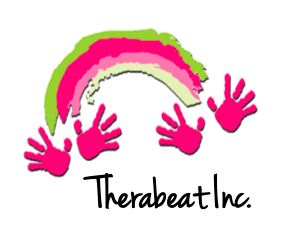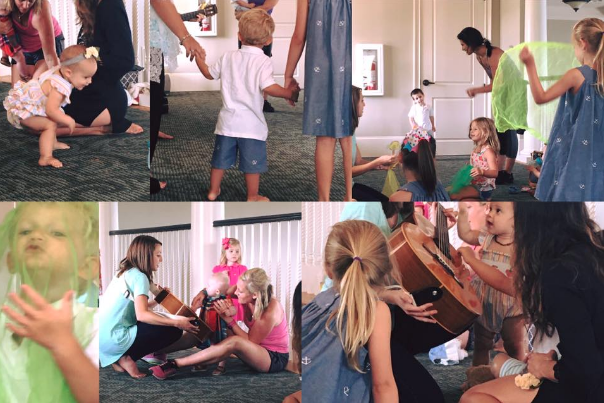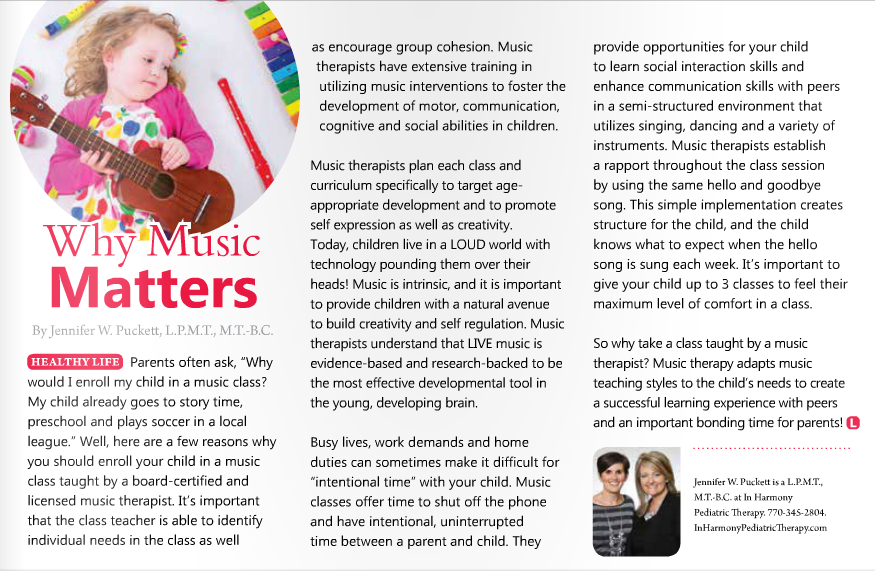One of the first things that I noticed when I began my internship last week is that many of these children have specific behavioral goals that they are working on. In one of the sessions last week, I learned that one client is getting ready to go to a new school. In order to prepare him for new social situations, one of the therapists helped him create a social story on an app called “Story Creator”. I was so intrigued by this technological tool that I decided to do some research on the effectiveness of musical social stories. Although this research does not specifically study the effectiveness of iPad apps, it focuses on how creating social stories and singing them with children who have autism can assist in reinforcing positive behavior so that they will be prepared for every social situation.
Research
Brownell, Mike D. (2002). Musically adapted social stories to modify behaviors in students with autism: four case studies. Journal Of Music Therapy, 39 (2), 117-144.
Social stories are a means of incorporating an individual with autism’s propensity toward visual learning with educationally necessary behavior modifications. In this study, a unique social story that addressed a current behavioral goal was created for 4 first- and second-grade students with autism. Original music was composed using the text of the social story as lyrics. The independent variable included three treatment conditions: baseline (A); reading the story (B); and singing the story (C). The dependent variable was the frequency with which the target behavior occurred under each condition of the independent variable. Data were collected as frequency tallies of the targeted behavior exhibited by the student, or responses to these behaviors made by teachers. The conclusion was that both the reading (B) and singing (C) of the created social story were significantly more effective in reducing the target behavior than the no-contact control condition (A). The singing condition was significantly more effective than the reading condition in Case Study III. The results of this study suggest that the use of a musically adapted version of social stories is an effective and viable treatment option for modifying behaviors with this population.
Here are some apps that you can use with your child to create stories that focus on specific behavioral goals.










